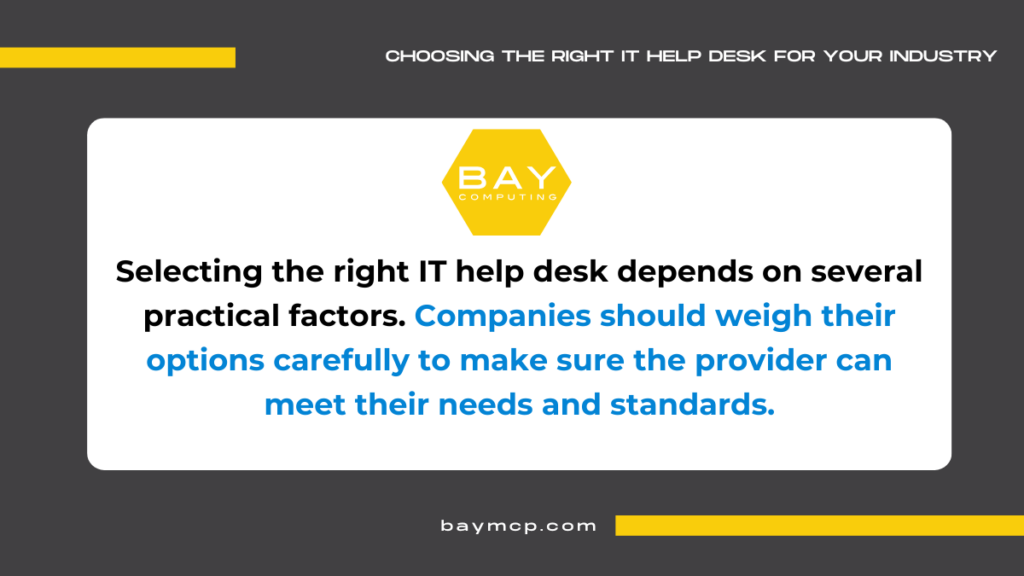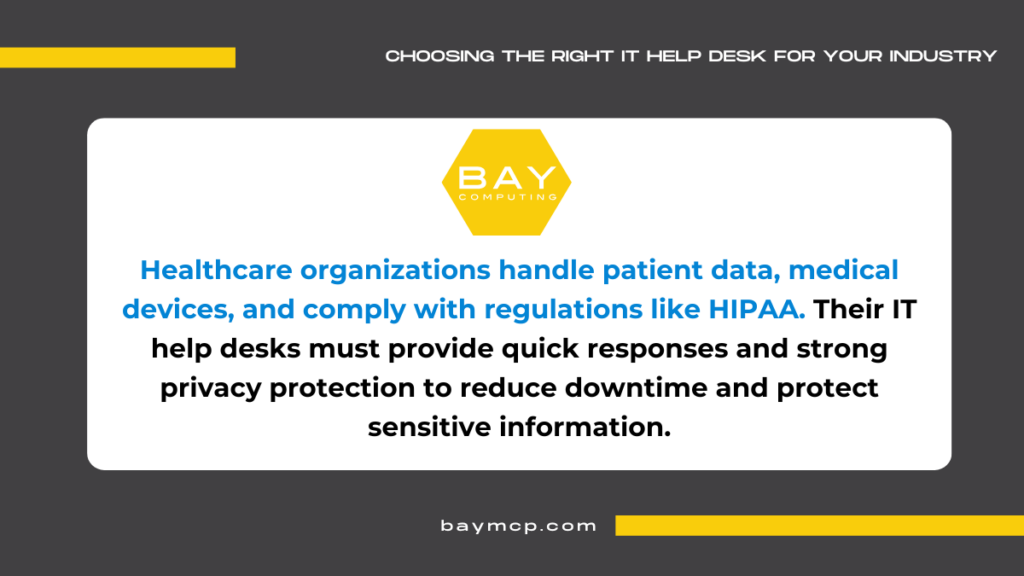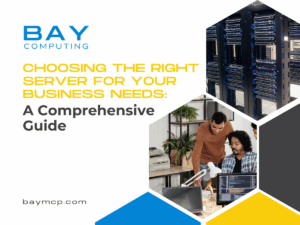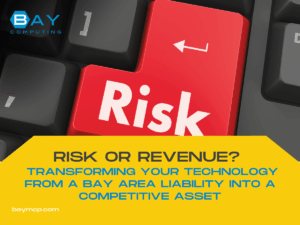Choosing the Right IT Help Desk for Your Industry
Finding the right IT help desk is a vital decision for any company that relies on technology. The right help desk service can enhance productivity, resolve issues more quickly, and improve the satisfaction of both customers and staff. With numerous options available, understanding what to look for can help businesses avoid costly mistakes and downtime.
Different industries have special needs, so a help desk that fits one business may not work well for another. Companies should look for a provider that understands their field, knows necessary compliance rules, and can handle the unique challenges they face. When the help desk becomes a true partner, it can grow with the business and support its changing needs over time.
Choosing a provider that feels like a seamless part of the team can make daily operations smoother. A strong match will ensure staff get the support they need without extra steps or confusion, letting the business stay focused on what matters most.
Key Factors in Selecting the Right IT Help Desk

Selecting the right IT help desk depends on several practical factors. Companies should weigh their options carefully to make sure the provider can meet their needs and standards.
Evaluating Industry-Specific Requirements
Every industry has unique needs for IT support. Healthcare companies, for example, often need help desks that understand HIPAA rules and patient privacy. Financial institutions may require support staff who are familiar with banking software and strict data protection laws.
Manufacturers may focus on support for specialized equipment and software. Retail businesses need fast, reliable help during peak hours and expert knowledge of point-of-sale systems.
When choosing a provider, it is important to look for experience and proven success in the company’s specific industry. A help desk should offer industry-tailored solutions and understand the relevant regulations and challenges.
Comparing On-Premises vs. Cloud-Based Solutions
IT help desk solutions can be hosted onsite or in the cloud. On-premises systems require hardware and local maintenance. Companies maintain full control over data and security but may face higher setup and ongoing costs.
Cloud-based solutions move data and processes offsite. This often means lower upfront costs, easy updates, and better scaling. Cloud systems help companies with remote staff and those needing 24/7 access.
When comparing options, companies should consider costs, data access, downtime risks, and long-term flexibility. Make sure the system fits the company’s size and technical needs.
Assessing Customization and Integration Capabilities

An effective and right IT help desk must fit into a company’s existing software and workflow. Some companies use customer relationship management (CRM) tools, employee directories, or ticketing systems that need to work with the help desk software.
Customization is important for matching workflows, reports, and automation to real business needs. A good solution will let customers personalize dashboards, alerts, and user roles.
Help desk providers should offer strong support for integrations and flexible, easy-to-use features. They should show a track record of successful custom projects.
Reviewing Security and Compliance Standards
Protecting data is essential in any IT help desk. Companies must check that the provider meets key standards, such as encryption, secure access controls, and regular security reviews.
Industries like healthcare, finance, and retail often require compliance with laws like HIPAA, PCI DSS, or GDPR. A help desk must know these rules and keep confidential data safe.
It’s helpful to request proof of compliance and ask about past audits or certifications.
Industry-Focused IT Help Desk Considerations
IT help desks must be tailored to meet the standards, security needs, and support demands unique to each industry. Key considerations include compliance needs, sensitive data management, and the specific ways users in sectors like healthcare or education rely on tech assistance.
Selecting Solutions for Regulated Industries
Regulated industries such as finance, legal, and government sectors face strict compliance rules. IT help desks in these settings need robust data protection, detailed audit trails, and secure user authentication. Solutions must support regulatory standards like GDPR, HIPAA, or SOX.
It is important to choose a help desk system that can keep records secure and allow access only to authorized staff. Automated reporting features allow for easy audits and ongoing monitoring.
A careful evaluation of vendor security practices is necessary. Organizations should review encryption methods, compliance certifications, and history of meeting regulatory demands. Built-in compliance tools help ensure industry regulations are not just met, but maintained during daily operations.
Addressing Unique Support Needs in Healthcare

Healthcare organizations handle patient data, medical devices, and comply with regulations like HIPAA. Their IT help desks must provide quick responses and strong privacy protection to reduce downtime and protect sensitive information.
Help desk solutions here often include specialized ticket forms for medical equipment and clear escalation paths for urgent cases. Access controls and strict logging ensure only approved personnel can interact with patient details.
Medical teams need support staff who understand healthcare terminology and device requirements. Integrated knowledge bases and FAQs can lower response time and help both staff and patients.
Optimizing IT Help Desk for Education Environments
Schools and universities often deal with shared devices, remote learning tools, and student data privacy. Their help desks should offer multi-channel support so users can get help by email, chat, or online portals. Support teams need easy-to-use dashboards and simple ticket workflows.
Role-based permissions are important to restrict access to information, protecting student records and staff data. Automated responses and knowledge articles can answer common student questions and reduce the number of tickets.
Education help desks work best when they provide clear reporting tools and can scale up during peak times, such as registration or exam periods.
Industry-Aligned IT Help Desk Solutions That Work
Bay Computing delivers IT help desk support tailored to your industry’s unique demands. From compliance-driven environments to fast-paced operations, our solutions are built to enhance efficiency, security, and user satisfaction.
Partner with Bay Computing today for reliable, scalable, and industry-ready IT support. Contact us now!




